Christina L. Davis - Food Fights over Free Trade: How International Institutions Promote Agricultural Trade Liberalization
Here you can read online Christina L. Davis - Food Fights over Free Trade: How International Institutions Promote Agricultural Trade Liberalization full text of the book (entire story) in english for free. Download pdf and epub, get meaning, cover and reviews about this ebook. City: Princeton, year: 2005, publisher: Princeton University Press, genre: Science / Politics. Description of the work, (preface) as well as reviews are available. Best literature library LitArk.com created for fans of good reading and offers a wide selection of genres:
Romance novel
Science fiction
Adventure
Detective
Science
History
Home and family
Prose
Art
Politics
Computer
Non-fiction
Religion
Business
Children
Humor
Choose a favorite category and find really read worthwhile books. Enjoy immersion in the world of imagination, feel the emotions of the characters or learn something new for yourself, make an fascinating discovery.
- Book:Food Fights over Free Trade: How International Institutions Promote Agricultural Trade Liberalization
- Author:
- Publisher:Princeton University Press
- Genre:
- Year:2005
- City:Princeton
- Rating:5 / 5
- Favourites:Add to favourites
- Your mark:
Food Fights over Free Trade: How International Institutions Promote Agricultural Trade Liberalization: summary, description and annotation
We offer to read an annotation, description, summary or preface (depends on what the author of the book "Food Fights over Free Trade: How International Institutions Promote Agricultural Trade Liberalization" wrote himself). If you haven't found the necessary information about the book — write in the comments, we will try to find it.
This detailed account of the politics of opening agricultural markets explains how the institutional context of international negotiations alters the balance of interests at the domestic level to favor trade liberalization despite opposition from powerful farm groups. Historically, agriculture stands out as a sector in which countries stubbornly defend domestic programs, and agricultural issues have been the most frequent source of trade disputes in the postwar trading system. While much protection remains, agricultural trade negotiations have resulted in substantial concessions as well as negotiation collapses. Food Fights over Free Trade shows that the liberalization that has occurred has been due to the role of international institutions.
Christina Davis examines the past thirty years of U.S. agricultural trade negotiations with Japan and Europe based on statistical analysis of an original dataset, case studies, and in-depth interviews with over one hundred negotiators and politicians. She shows how the use of issue linkage and international law in the negotiation structure transforms narrow interest group politics into a more broad-based decision process that considers the larger stakes of the negotiation. Even when U.S. threats and the spiraling budget costs of agricultural protection have failed to bring policy change, the agenda, rules, and procedures of trade negotiations have often provided the necessary leverage to open Japanese and European markets.
This book represents a major contribution to understanding the negotiation process, agricultural politics, and the impact of international institutions on domestic politics.
Christina L. Davis: author's other books
Who wrote Food Fights over Free Trade: How International Institutions Promote Agricultural Trade Liberalization? Find out the surname, the name of the author of the book and a list of all author's works by series.


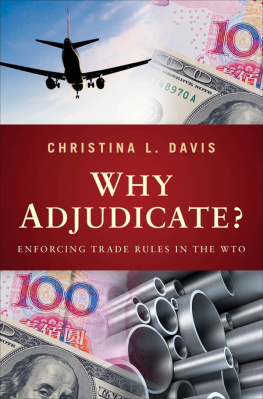

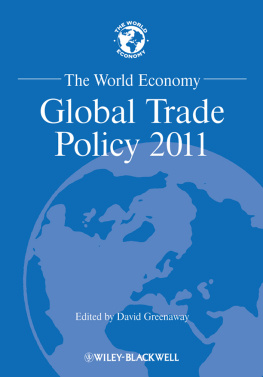
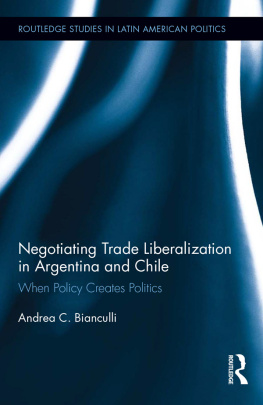
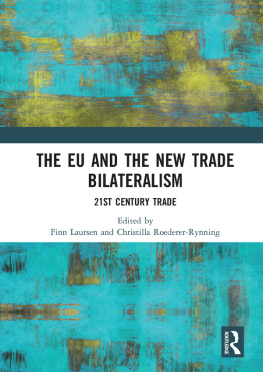
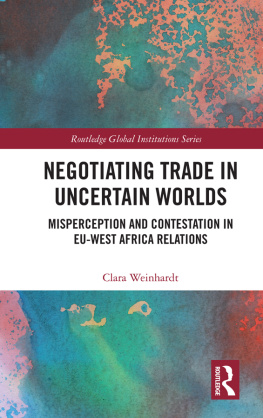


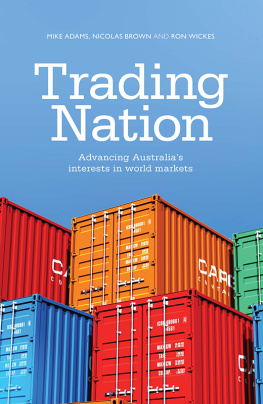
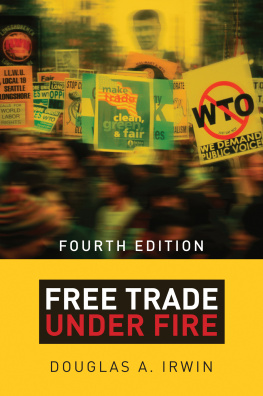
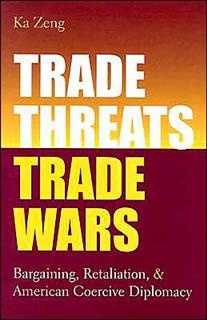
 suke Hori was generous with his time in sharing his experiences as a senior LDP politician engaged in agricultural policy issues. I am grateful to him for introducing me to other politicians and officials and providing me with important materials for my research. Three other Japanese politicians, Katsutoshi Kaneda, Keiz
suke Hori was generous with his time in sharing his experiences as a senior LDP politician engaged in agricultural policy issues. I am grateful to him for introducing me to other politicians and officials and providing me with important materials for my research. Three other Japanese politicians, Katsutoshi Kaneda, Keiz gy
gy ki Shirato, Y
ki Shirato, Y